PostTime:6/14/2018
Among the featured courses in GTIIT, Chinese & Israeli Culture Comparatives stands out, which is delivered by Dr. Avital Binah-Pollak, principle lecturer of the course and lecturer at the Department of Humanities and Arts, Technion, and Karen Chen, associate professor at College of Liberal Arts, Shantou University.
A special and wonderful “final examination” of the course was held last week. Students presented their thoughts on Chinese & Israeli Culture from the perspectives of education, culture, customs, economy, philosophy, food, etc.
We interviewed Avital and Karen about the course. ( A-Avital, K- Karen)
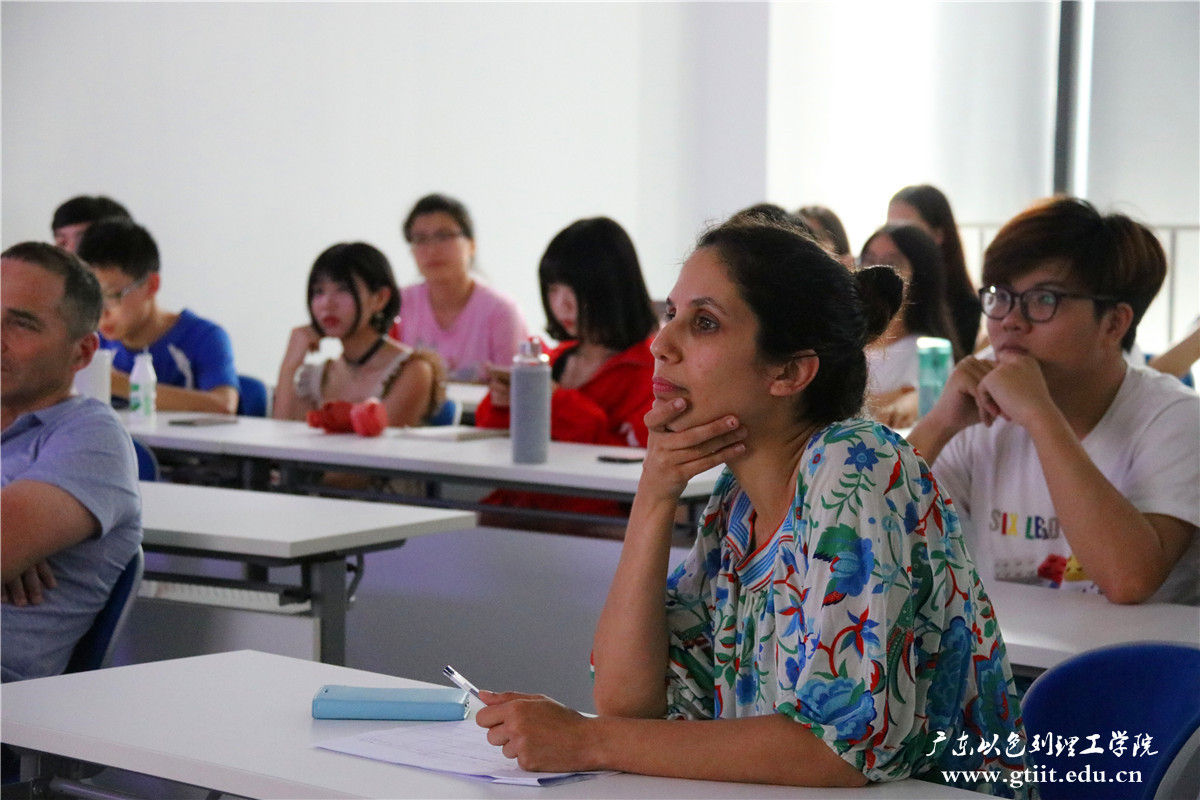
Did you teach the same/similar classes elsewhere?
A: For the past 3 years, I have been teaching a course which focused on Israeli society and culture at the international school of the Technion. However, this is the first time that I taught a course which compared Israel and Chinese society and culture.
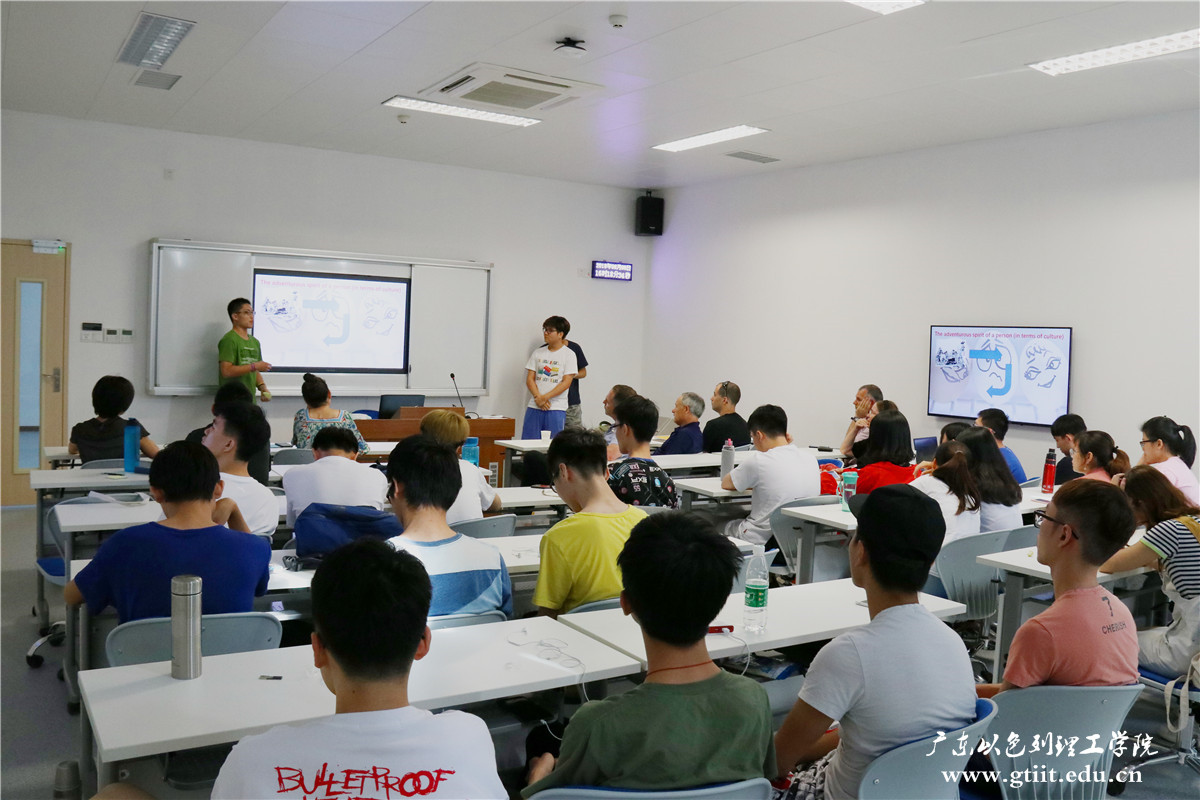
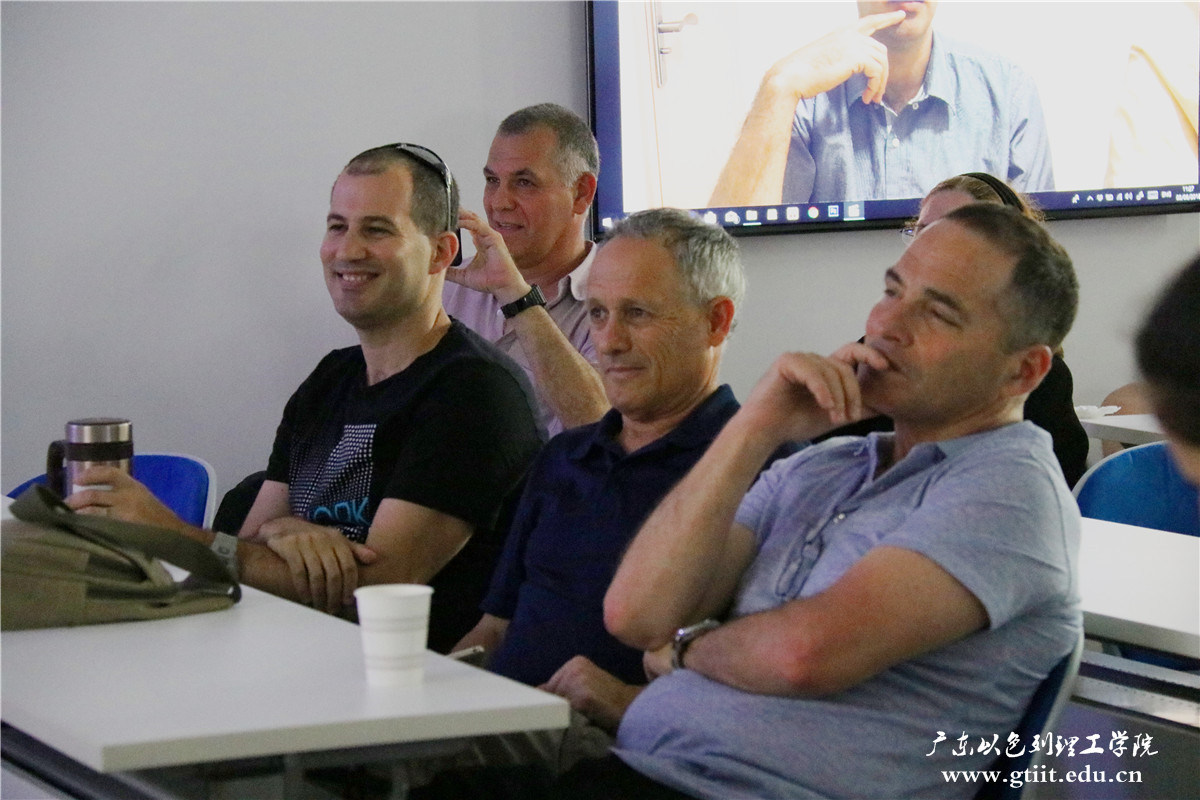
What is your expectation towards students and the classes in the beginning of this semester? The semester is close to an end, are you satisfied about the classes and students? What are the tangible changes shown on the students?
A: As a teacher, I view education as a dialectical process. It is always quite hard for me to stand in front of a class as if I was holding the knowledge or the "truth". Therefore, when I came into the classroom my expectations were that the students will participate in a dialogue with me; a dialogue about society, culture, philosophy, religion, education and many other topics. Now that the semester is over, I can definitely say that my expectations were met. The final assignment was to design a group project and present it in front of the class. Most presentations showed that the students went through a meaningful process: They applied the concepts and ideas learnt throughout the course and created group projects which demonstrated creativity and critical thinking.
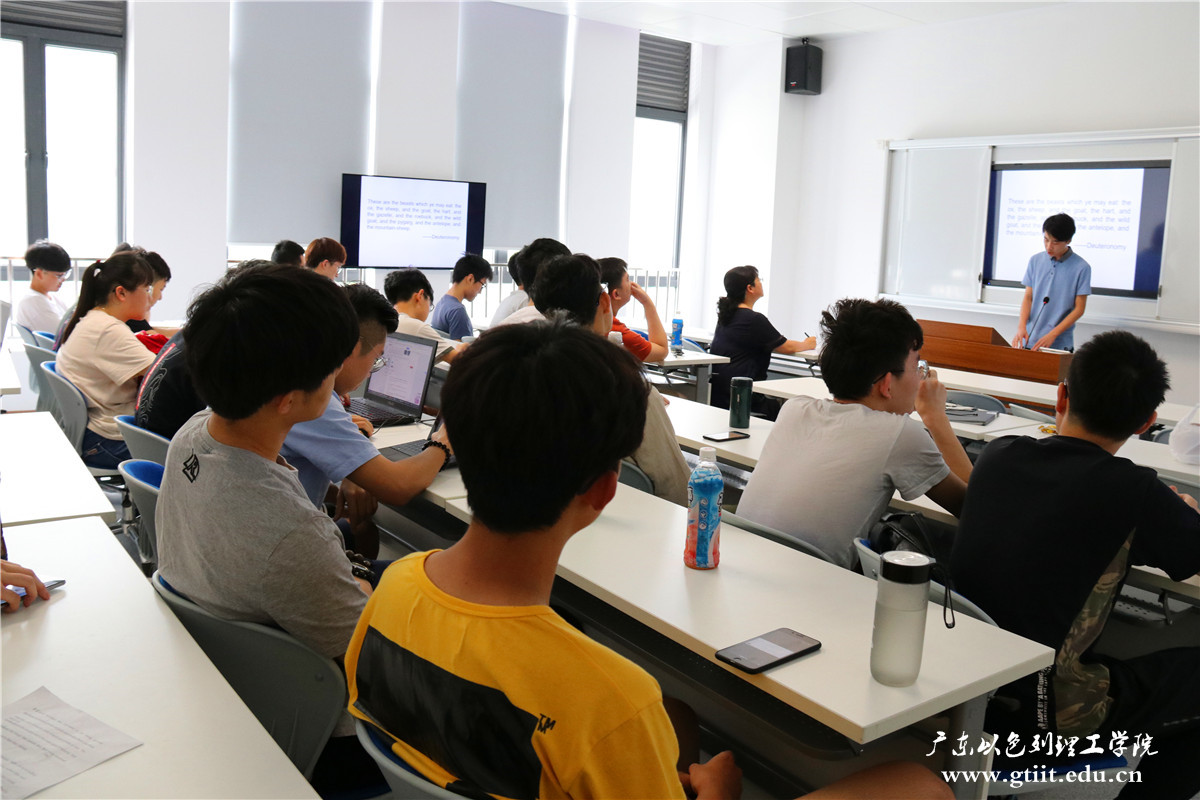
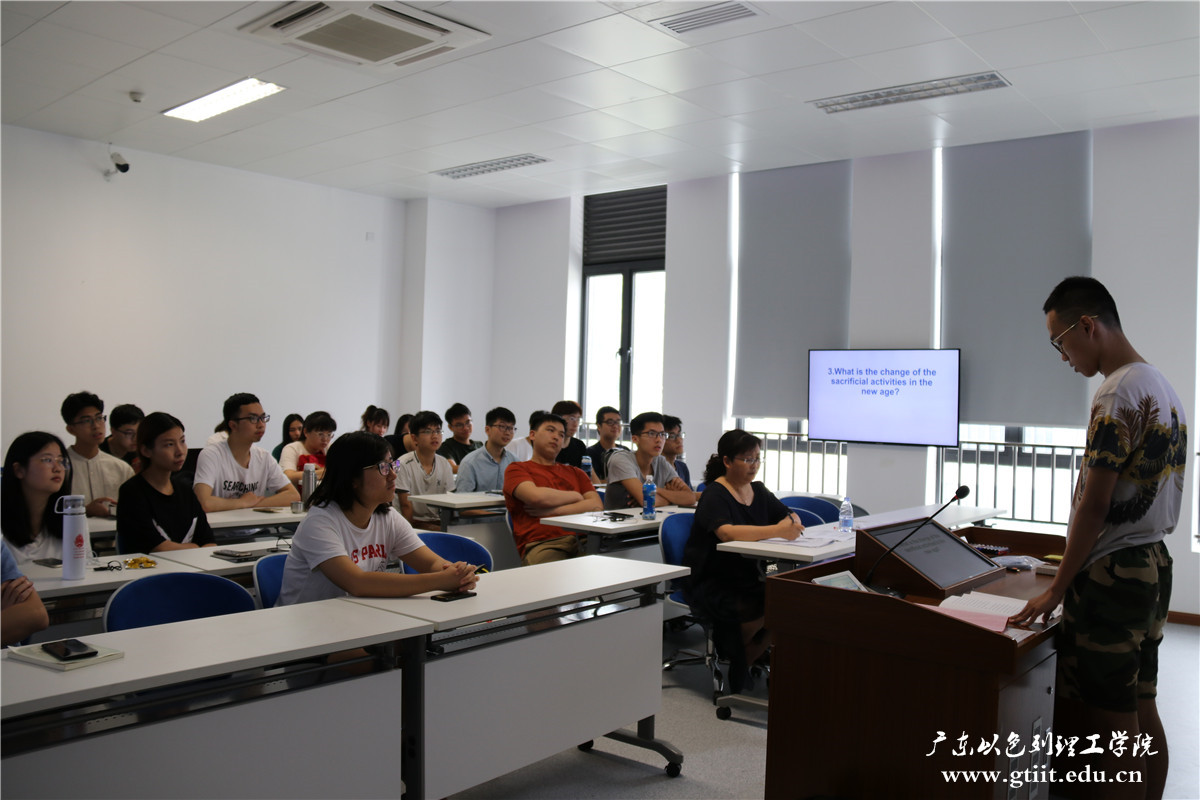
K: There are big differences in Israeli and Chinese education goals and methods. The GTIIT students have to learn quickly to understand and appreciate those differences while trying hard to get adapted to the new and challenging ways of learning, such as the flipped classroom, the on-line forum and discussion, the constantly demanded critical thinking skills and the habits of raising meaningful questions and finding answers to the questions independently by themselves. The students struggled to move on despite their limited English vocabulary and their fledgling knowledge of the two cultures. Their painstaking efforts have turned out to be greatly rewarding not only to themselves but also to their teachers.
Any innovation is added in the classes? How?
A: First, this is the only course comparing Israel and China society and culture. The close cooperation between Karen and Avital has contributed tremendously to its uniqueness, as it brought together two different perspectives. Second, the teaching methods were innovative. The course was based on flipped classrooms which required independent learning: The students watched recorded videos which were followed by class discussions. In Avital's groups, during half of the semester, the class discussions took place in a live online setting; a setting which was new to the students.
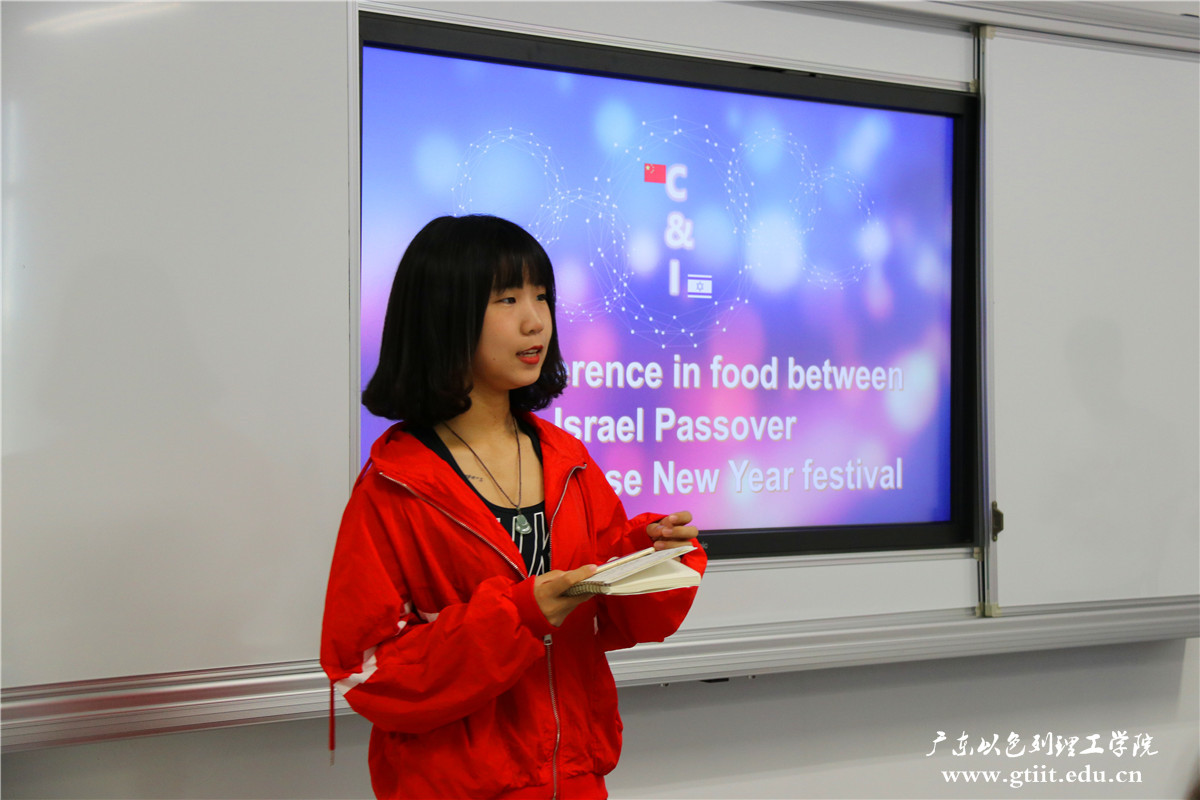
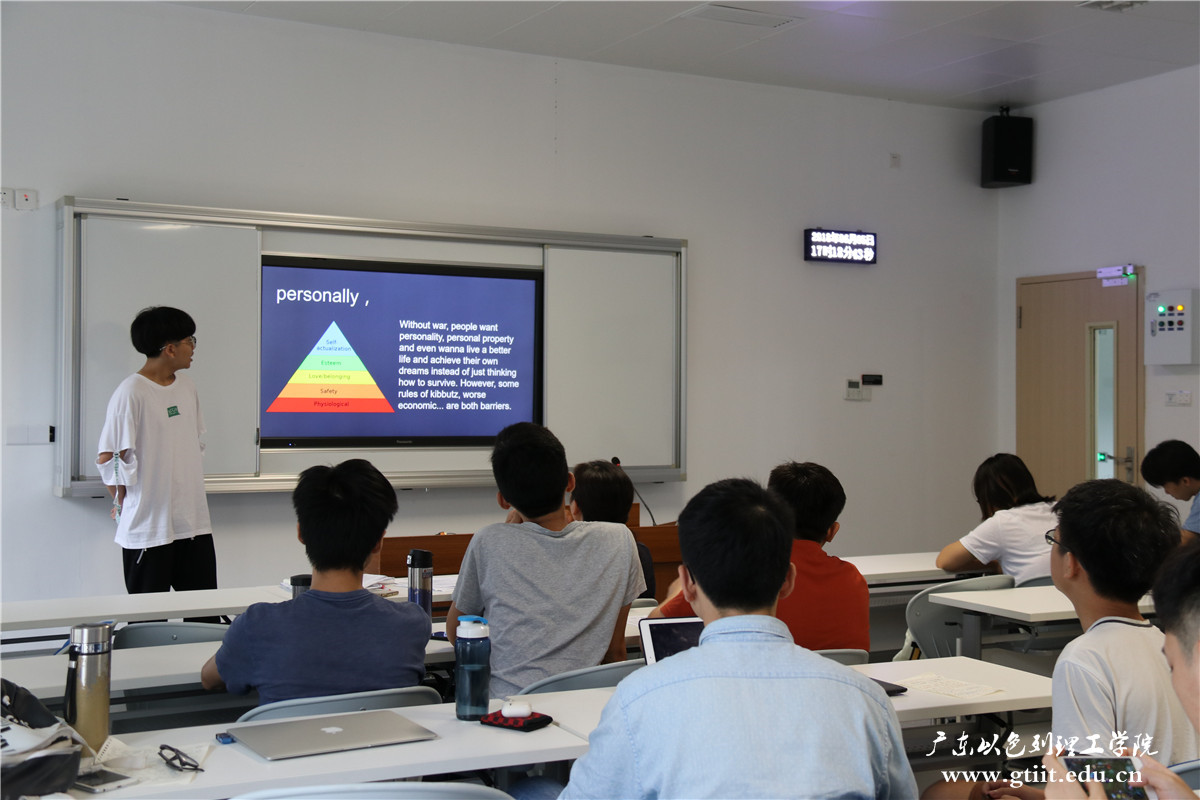
What kinds of students will get high marks?
A: First of all the students who completed all of the assignments. Seconds, students who participated in class and had a major contribution to the discussions, both in the online forum and in class. Third, students who designed an outstanding project. An outstanding project is one which raised an interesting research question and then was followed by a research (field work, questioners, interviews etc.). Another very important aspect is to demonstrate critical thinking and creativity.
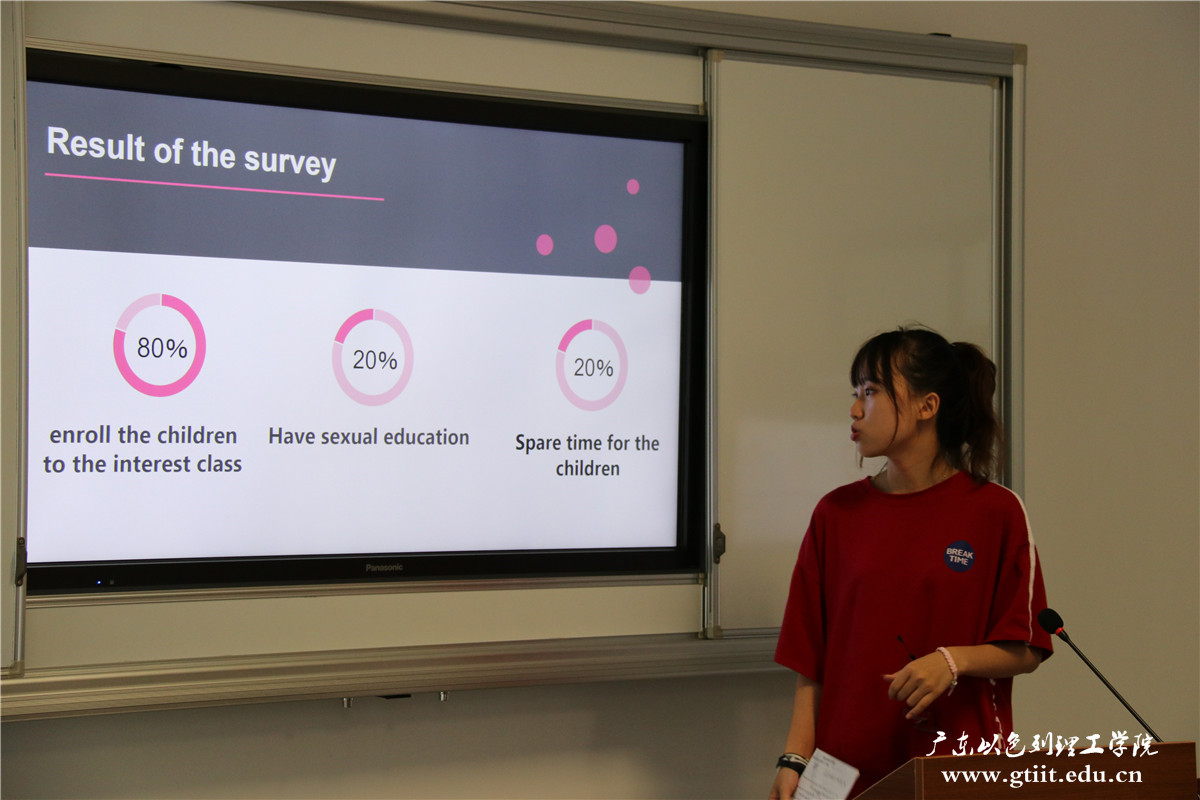

What did you learn from this experience? What are the most differences between Israeli and Chinese society and culture?
A: As an anthropologist I was taught that whenever you enter a new "research field" the best thing that can happen to you is to be surprised from what you meet. The reason is that if you enter the field and just discover what you already know, you most probably did not learn anything new. So, I can say that even though I have been to China many times before, the GTIIT students surprised me.
There is a big difference in Israeli and Chinese education methods. It starts from when the child is born and continues through the years, both in the family sphere and in the formal education system. One major difference is the emphasis on authority in Chinese education and the lack of it in Israel. During the semester it was quite apparent that Chinese students are not used to question the teachers' words, even if she made a mistake. Israeli students just wait for the opportunity to challenge their teachers. They ask questions, not only to get more knowledge, but to challenge the system.
I was surprised and glad to learn that the students did learn to ask questions. One reason is that when you learn about a new culture, it makes you reflect on your own. The same is true with regards to what I have learned this semester about Israel, China and education. During the semester, I aimed at presenting different angles and let the students reach their own conclusions. Their final presentations demonstrated that they were able to do so.
Text/Photos: GTIIT News & Public Affairs
© GUANGDONG TECHNION-ISRAEL INSTITUTE OF TECHNOLOGY | 粤ICP备17036470号
